The "ALGEA" study's name comes from Ancient Greece's mythological ghosts (The Algea) which symbolise pain, sadness, grief and worry. The project proposes a new treatment for chronic pain patients and their families funded by The Cross Border Cooperation (CBC) Programme "Greece- Cyprus 2007-2013" which entails a combination of European Union and national funds from Greece and Cyprus. The study is a multidisciplinary effort and proposes pharmacological and psychological support for the treatment of chronic pain. The study aims to design and implement a new treatment programme for patients and their families, by incorporating the needs of society as a whole in the treatment of chronic pain – patients, family members, doctors, health organisations, support organisations etc. are taken into account. A new psychosocial treatment approach will be conducted, in a group format, following an in depth needs assessment.
The idea for this cross border collaboration came about given the mutual research interests expressed by all organisations involved, as well as the appreciation that empirically validated psychosocial programmes for the treatment of chronic pain are lacking in both countries. All collaborating teams were chosen given their specialised knowledge base and experience. All contributed equally in the proposal submission.
Reports suggest that 56% of Europeans aged between 41 and 60 years, suffer from chronic pain for an average duration of 7 years (Breivik et al., 2006), while 41% of people from developed nations suffer from at least one form of chronic pain (Tsabgm, et al.,2008). Statistical comparisons from Cyprus and Greece are lacking in this field. Cypriot epidemiological studies however, do report that 13% of adults suffer from headaches and 21% suffer back pain. In a different study, 79 % of Europeans report that chronic pain dramatically impacts on their quality of life (Hunfeld et al., 2001). Chronic pain can impact on society as a whole given its influence on public health, through both the direct use of medical services and prescription medication as well as indirectly through absenteeism and loss of productivity etc. As a whole, the cost of chronic pain in Europe is estimated at 300 billion Euros (Wenig et al., 2009).
From the needs assessment that has been conducted in Crete and Cyprus, it has been suggested that there is an urgent need for specific, achievable and measurable treatment projects in this field. Pharmacological treatment is not sufficient as the only treatment for chronic pain and oftentimes leads to problems with addiction with prescription drugs or other side effects (Gatchel et al., 2006). Worldwide, psychosocial interventions (i.e. talking/ psychological therapies) have been recognised as an integral part of holistic treatment for chronic pain. Furthermore, they help lower medical service costs (Turk, 2002).
We expect that this new treatment programme will help patients: a) come together with other people suffering from chronic pain, b) recognise and articulate the difficulties that pain creates in their life, recognise internal thoughts, emotions and behaviours (towards themselves and others) and understand the mechanisms whereby the aforementioned areas perpetuate their suffering, c) will have the opportunity to experiment by changing their behaviour in a safe environment and speak openly and honestly about their feelings without being judged in any way or form.

